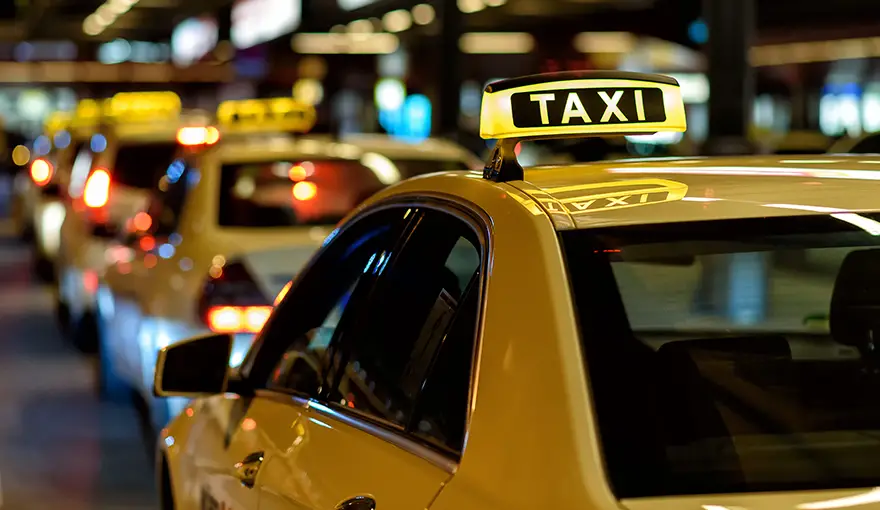
Taxis have long been a staple of urban transportation, providing a convenient means of getting from point A to point B. However, concerns about passenger safety have often plagued the industry. In response to these concerns, taxi companies and regulatory bodies around the world have been implementing a variety of safety measures to protect both passengers and drivers. In 2024, the landscape of taxi security has evolved significantly, with advancements in technology and regulatory frameworks playing a key role in enhancing safety. From CCTV cameras to GPS tracking and comprehensive driver background checks, here’s a comprehensive look at the current safety measures in taxis.
1. CCTV Cameras:
Closed-circuit television (CCTV) cameras have become a ubiquitous feature in taxis worldwide. These cameras serve as a deterrent to potential criminals and provide valuable evidence in the event of an incident. Taxi companies are increasingly investing in high-definition cameras with wide-angle lenses to ensure maximum coverage within the vehicle. Additionally, many taxis now feature both interior and exterior cameras, offering a comprehensive view of the surroundings. This not only enhances passenger safety but also provides a level of accountability for drivers.
2. GPS Tracking:
GPS tracking technology has revolutionized the way taxis operate, allowing for real-time monitoring of vehicle location and route information. GPS tracking systems have become standard in taxis, providing passengers with peace of mind knowing that their location is being monitored throughout the journey. Moreover, these systems enable taxi companies to optimize routes, improve efficiency, and respond quickly in the event of an emergency. Some taxis even feature panic buttons that passengers can use to alert authorities in case of danger, with the GPS system automatically transmitting the vehicle’s location.
3. Driver Background Checks:
Ensuring the integrity and trustworthiness of taxi drivers is paramount to passenger safety. Taxi companies are known for their rigorous background checks as part of their hiring process. These checks typically include criminal record checks, driving history verification, and screening for any past incidents or violations. In addition, some jurisdictions require taxi drivers to undergo regular training on safety protocols and customer service standards. By vetting drivers thoroughly, taxi companies can minimize the risk of hiring individuals with a history of misconduct or criminal behavior.
4. Enhanced Vehicle Maintenance:
Maintaining the mechanical integrity of taxi vehicles is essential for ensuring passenger safety. Taxi companies take price in prioritizing regular maintenance schedules and vehicle inspections to identify and address any potential issues promptly. This includes routine checks of brakes, tires, lights, and other critical components, as well as adherence to emissions standards for environmental sustainability. Additionally, taxis are equipped with safety features such as airbags, seat belts, and anti-lock braking systems (ABS) to mitigate the risk of injury in the event of an accident.
5. Emergency Response Systems:
In the event of an emergency, quick and effective communication is essential for ensuring passenger safety. In 2024, most taxis are equipped with advanced emergency response systems that enable drivers to alert authorities and dispatchers rapidly. These systems may include two-way communication devices, such as radios or mobile apps, that allow drivers to communicate their location and situation instantly. Some taxis are also equipped with automated crash detection systems that trigger an alert to emergency services in the event of a collision, enabling a swift response.
The safety of passengers in taxis has always been a top priority for both taxi companies and regulatory authorities. Recent advancements in technology and a heightened focus on safety have led to the implementation of comprehensive security measures in taxis worldwide. From CCTV cameras and GPS tracking to rigorous driver background checks and enhanced vehicle maintenance, these measures are designed to protect passengers and drivers alike. By continuing to invest in safety infrastructure and regulatory frameworks, the taxi industry can ensure that passengers can enjoy a safe and secure ride experience.

